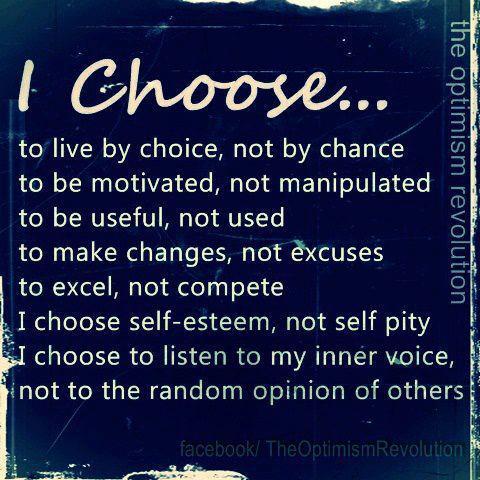I am often asked which conditions patients most commonly seek treatment for. People are usually really surprised when I say that whilst it is usually a physical pain or symptom which prompts them to seek help, almost without exception there is an underlying unresolved emotional issue which is prevalent and in need of as much, if not more attention.
Of the patients I have seen lately, a common theme has been evident - one of feeling completely emotionally 'empty'. Of those who are in a relationship, they feel unloved or undeserving of love; they do everything for everybody else and deny their own needs; they feel they have no voice, are not listened to or feel invisible in the relationship.
Of those not currently with a partner, they have a history of entering into toxic relationships which they feel unable to leave, or else are made to feel immense guilt at the thought of leaving, often being subjected to intense emotional blackmail by their partner. They often find it difficult to give and receive love and even compliments, and can seem very needy but at the same time are quick to push partners away or exclude them.
In Five Element Acupuncture terms this can be attributed to an imbalance in the Earth element and often can be traced back to a trauma in childhood, where the child's emotional needs were not met by one or both parents, often the mother figure. The child whose emotional needs are not met can become a child who shows little or no emotion, and eventually a person who is totally independent and prefers doing things/being completely on their own, unable to ask for or receive help. They may appear very confident and competent, and can be very controlling.
The irony here is that such patients are actually desperate to feel loved; they often need to be needed and are people-pleasers. In relationships, they become the perfect spouse or partner - bending over backwards to please but often feeling that whatever they do is never enough. They will do whatever it takes to keep the peace and avoid rocking the boat. They will do whatever it takes to be loved, but they will very often never actually FEEL loved as the relationship is frequently very one-sided and toxic.
These behaviours are learned early on in childhood where the family dynamic was difficult - one or both parents may have been an addict or an emotional manipulator. These are signs of CODEPENDENCY - and the overwhelming characteristic is the absence of self-love.
Codependency is a habitual and often addictive behaviour - those exhibiting these traits tend to be consistently drawn to partners who are emotional manipulators or addicts, and repeatedly enter into toxic relationships which are destined to fail.
But it is possible to recover. The starting point is awareness - the realisation that there is a pattern of behaviour which keeps being repeated, resulting in a negative outcome; there must also be the desire to change - a desire to be able to have a nourishing and equal relationship with a partner.
Emotional support through a talking therapy is extremely useful, in conjunction with Five Element Acupuncture, where the treatment would center on nourishing the Earth element so that it feels less 'empty'. Continued support is essential, and can be sought through self-help groups such as CoDA.
Could you be codependent? Click on the links below for more information.
http://www.coda-uk.org/index.php?page=patterns-characteristics-of-co-dependency
https://www.youtube.com/watch?v=OS1RP_-njwQ

